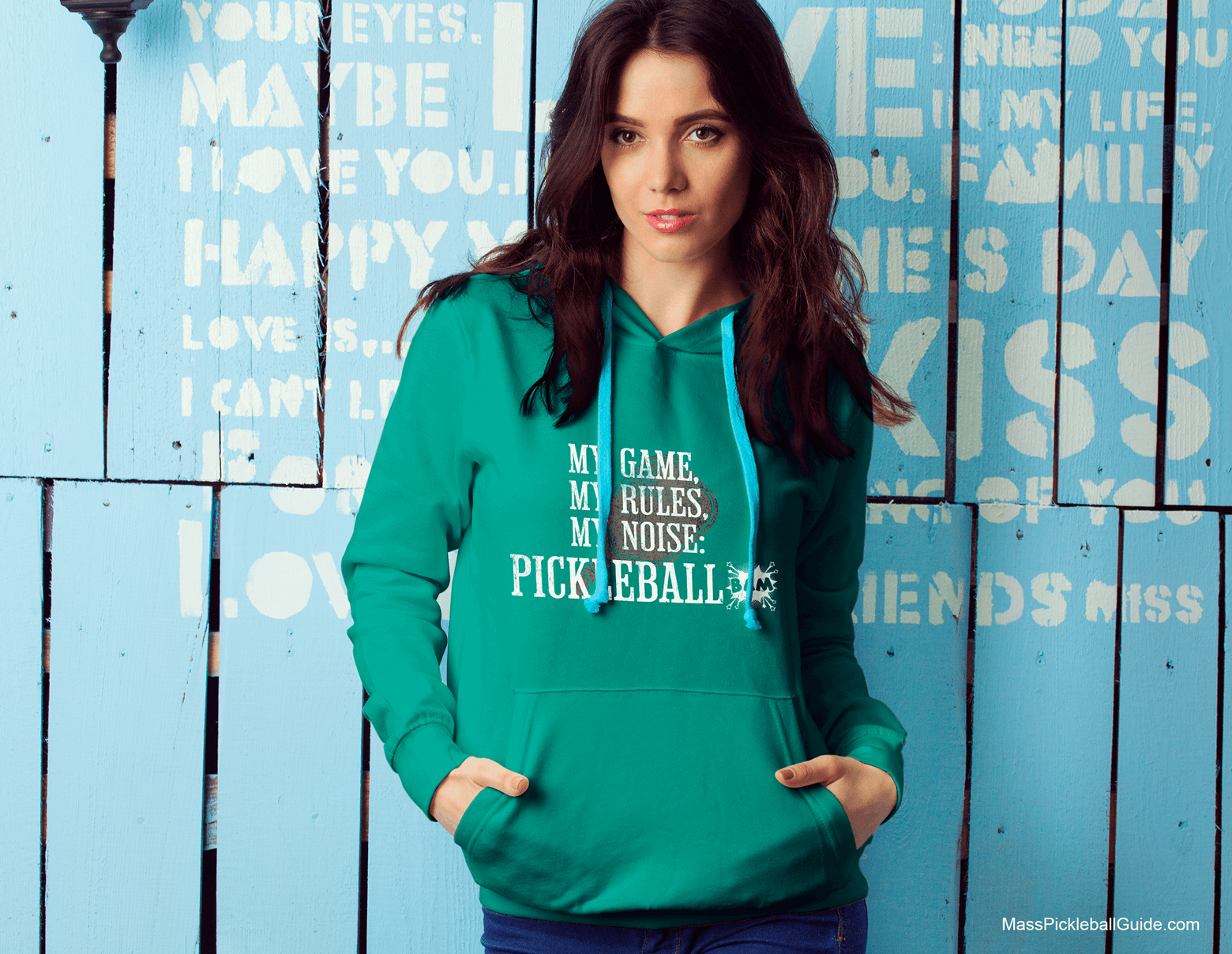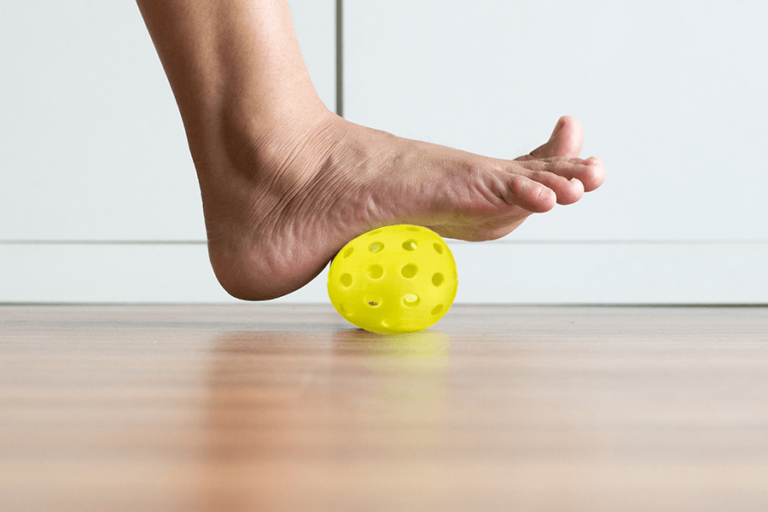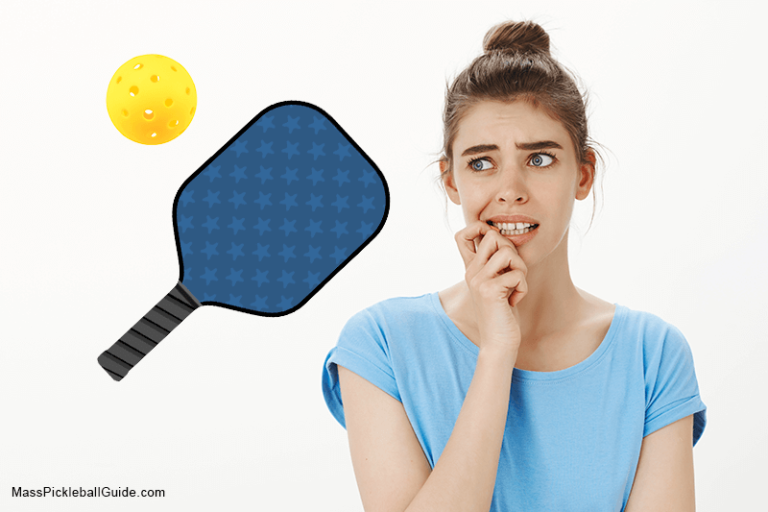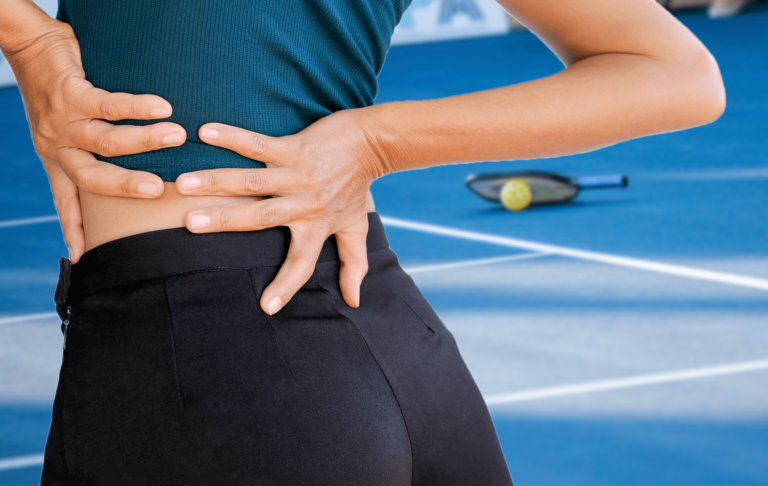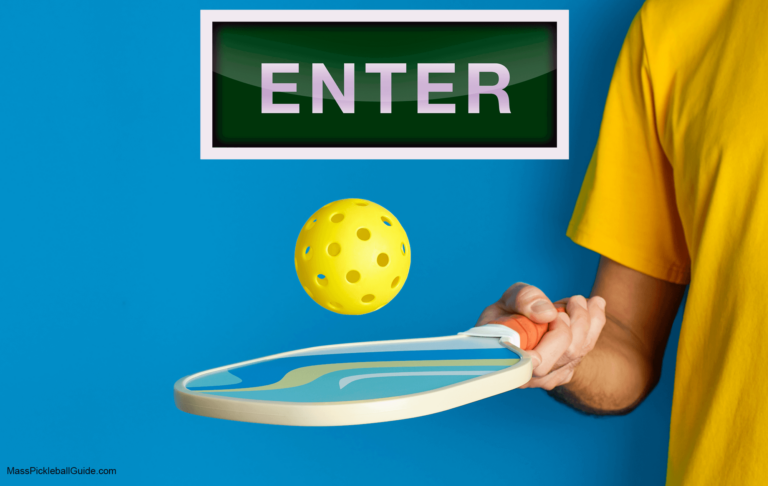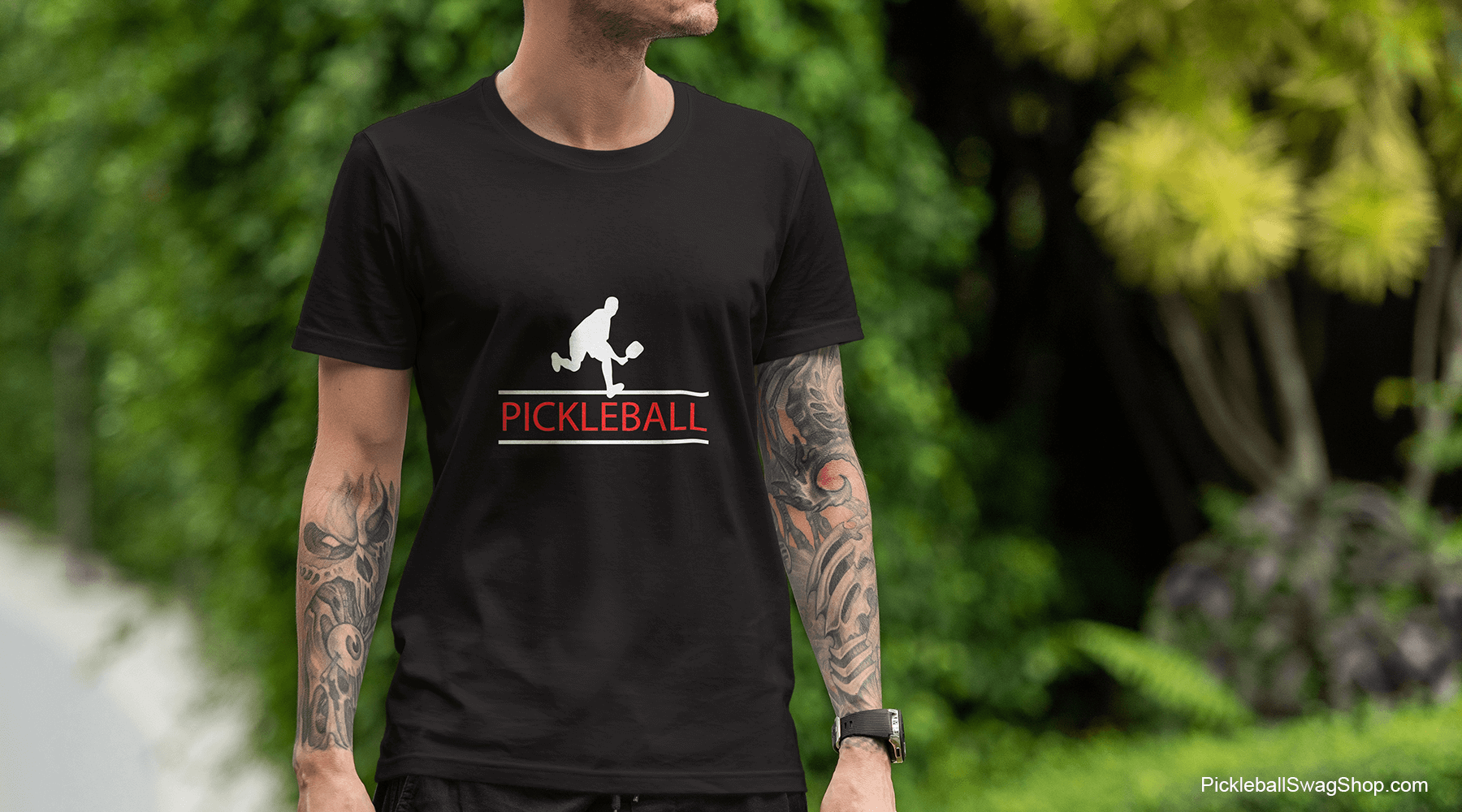Silencing Pickleball: Sound Barriers for Neighborhood Peace
one solution?
The Sound Controversy in Pickleball
As more pickleball courts spring up in neighborhoods, schools, and community centers, an unforeseen issue arises: the unmistakable sound of pickleball.
This seemingly innocuous sound became a source of tension in some communities, leading to a myriad of noise complaints.
- Why such a fuss over a sport’s sound?
- Close proximity of courts to residential areas.
- Frequency of games played, especially during weekends and evenings.
But what exactly makes the sound of pickleball so distinctive? To understand this, we turn to the pickleball noise mystery, which dives deep into the acoustics and factors that produce the unique auditory signature of the game. From the type of ball used to the material of the paddles, several elements converge to produce the sound that many have come to associate with pickleball.
The Science Behind Pickleball Noise
Pickleball is undeniably unique, not just in its gameplay, but also in the specific sound it emits. To grasp why pickleball produces its unique noise, we need to dissect a few core components.
Fun Fact: Ever wondered why the sound differs even on the same court? Environmental factors, including temperature and humidity, can also play a part.
Introducing Sound Barriers for Pickleball
To address the growing sound concerns, many court owners have started to look at sound barriers as a solution. You don’t need a pickleball sound engineer to figure this one out.
What are Pickleball Sound Barriers?
Pickleball sound barriers are structures designed to block or absorb sound waves, reducing the noise that passes through them. They can range from simple fences to specialized panels that have sound-absorbing materials.
How Do They Work in Pickleball?
How Do They Work in Pickleball?
Pickleball barriers work by absorbing or reflecting the sound waves produced during play, reducing the overall noise emanating from the court and minimizing disturbances to nearby areas.
For a deep dive into the mechanics, this guide on how pickleball sound barriers work is a treasure trove of information.
Are Pickleball Barriers Effective?
Yes, pickleball barriers have been proven to be effective in mitigating the noise produced during matches. Their efficacy is rooted in their design and material, which either absorb or reflect the sound waves.
When installed correctly around a court, these barriers can drastically decrease the noise level that reaches adjacent homes or areas. Communities that have adopted these solutions often report fewer complaints and better relations between players and non-players. Furthermore, testing in controlled environments has consistently shown a notable reduction in decibel levels with the use of sound barriers.
But as always…
Their effectiveness can vary based on the quality of the barrier, its height, the materials used, and proper placement. It’s essential to choose the right barrier type for maximum noise reduction and to meet any local noise regulations.
Benefits of Using Pickleball Sound Barriers:
- Preserving Neighborhood Peace: By significantly reducing the noise levels, residents living nearby are less likely to be disturbed.
- Avoiding Local Disputes: Reduced complaints mean harmonious relations between players and non-players.
- Compliance with Noise Regulations: In many regions, noise levels are regulated, especially during specific hours. Sound barriers help courts stay within these limits, preventing potential legal complications.
Pros and Cons of Pickleball Sound Barriers
Pickleball sound barriers are rapidly becoming a popular solution to address the noise concerns associated with the sport. But, like all solutions, they come with their benefits and limitations.
Pros
Cons
Sport Your Spirit: Pickleball Noise Apparel
Embrace the lighter side of pickleball with our whimsical t-shirt collection, specifically designed to humorously target the noise detractors of our beloved sport! Each shirt expresses the collective joy of the pickleball community, gently poking fun at those who find its characteristic sound bothersome.

